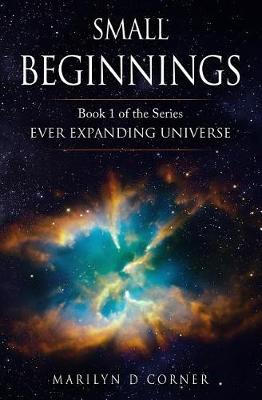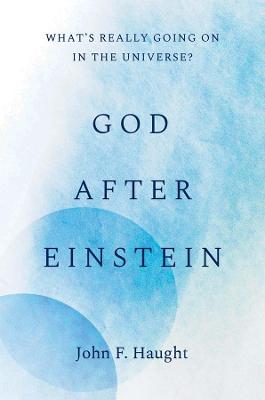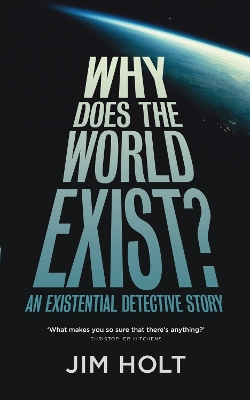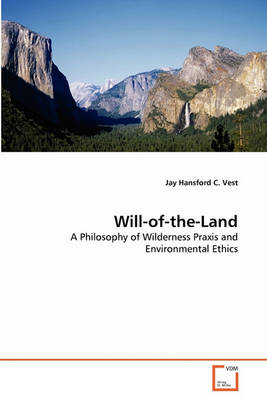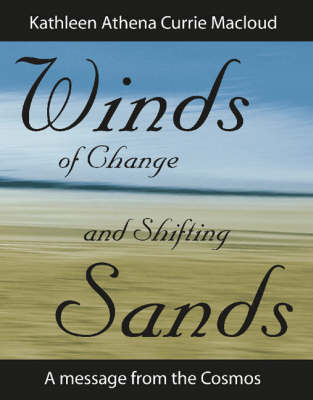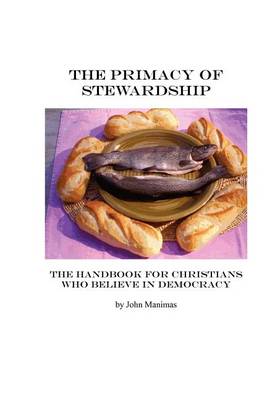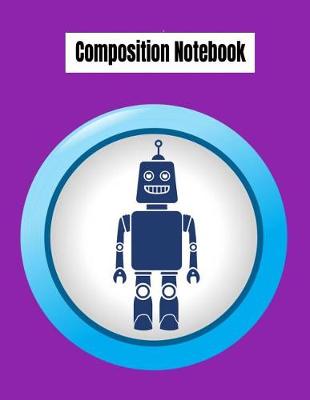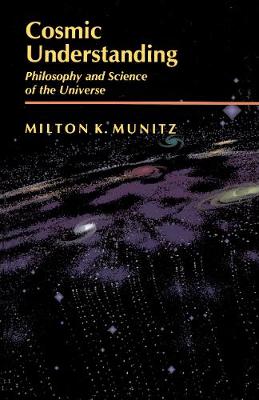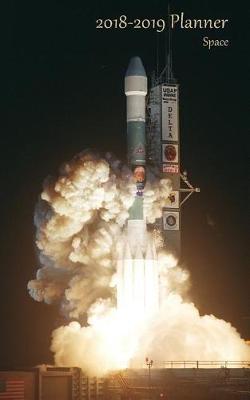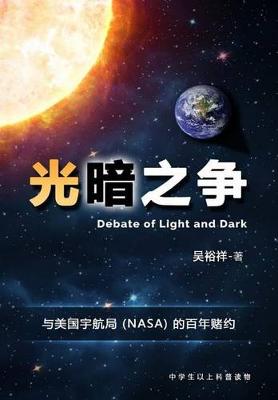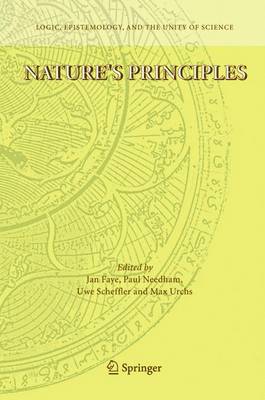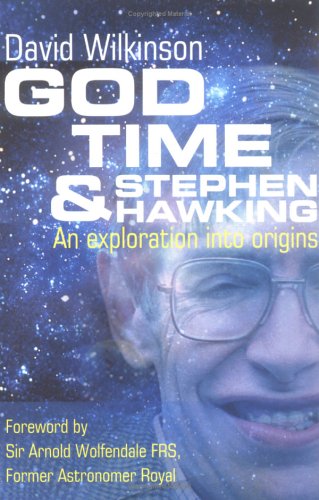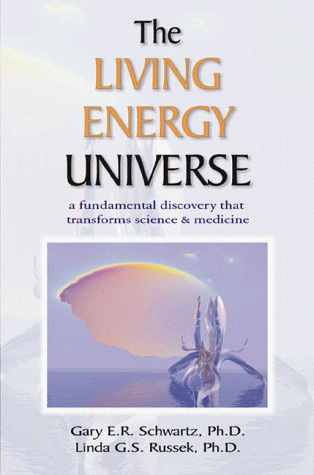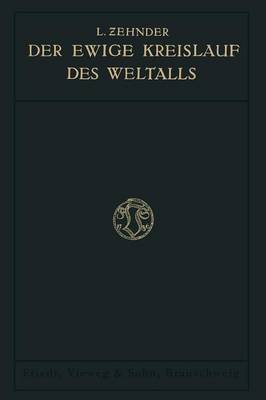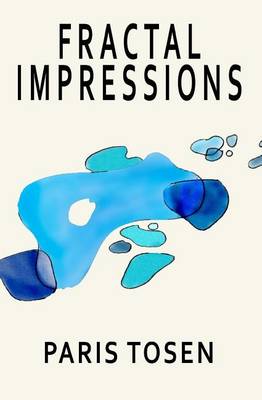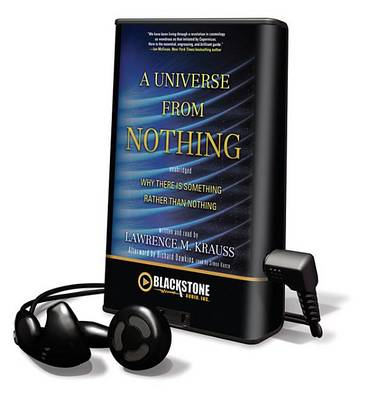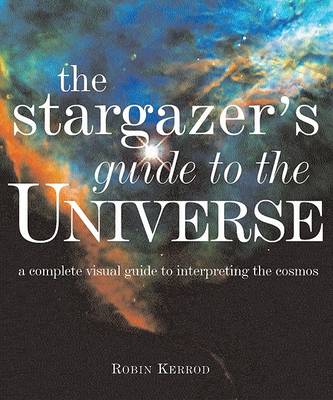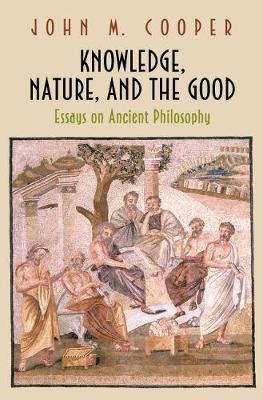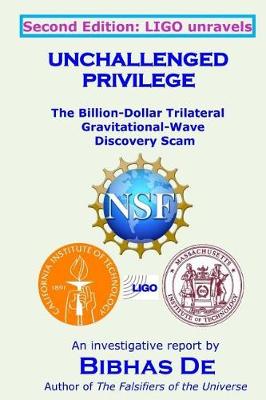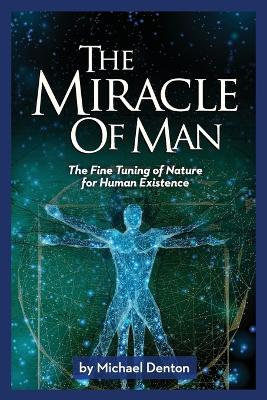A leading theologian presents a hopeful account of the universe after Einstein, exploring it as a meaningful drama of awakening "This book is a deep and provocative piece of theology that proposes we engage with the universe as a kind of narrative of awakening and unfolding, as well as an important and useful approach for thinking about theology with respect to modern cosmology."-Matthew Stanley, New York University Before the early twentieth century, scientists and theologians knew almost no...
'Why is there a world rather than nothing at all?' remains the most curious and most enduring of all metaphysical mysteries. Moving away from the narrower paths of Christopher Hitchens, Roger Penrose and Stephen Hawking, the celebrated essayist Jim Holt now enters this fascinating debate with his broad, lively and deeply informed narrative that traces all our efforts to grasp the origins of the universe. With sly humour and a highly original personal approach Holt takes on the role of cosmologi...
Winds of Change and Shifting Sands
by Kathleen Athena Currie Macloud
Composition Notebook (Cute Notebooks for School Girls and Boys, #38)
by Majestical Notebook
The description for this book, Cosmic Understanding: Philosophy and Science of the Universe, will be forthcoming.
Nature's Principles (Logic, Epistemology, and the Unity of Science, #4)
by Jan Faye
One of the most basic problems in the philosophy of science involves determining the extent to which nature is governed by laws. This volume presents a wide-ranging overview of the contemporary debate and includes some of its foremost participants. It begins with an extensive introduction describing the historical, logical and philosophical background of the problems dealt with in the essays. Among the topics treated in the essays is the relationship between laws of nature and causal laws as wel...
Does Creation need a Creator? This book examines the question of the origin of the universe from the viewpoints of both science and religion. It argues that a scientific explanation for the beginning need not destroy belief in God. The book describes the discoveries of modern cosmology. What is the evidence for the big bang theory? How far can science go? What is quantum gravity and how significant is the work of Stephen Hawking? A new chapter reviews recent scientific discoveries and resarch in...
Internationally known theoretical physicist and bestselling author Lawrence Krauss offers provocative, revelatory answers to the most basic philosophical questions: Where did our universe come from? Why is there something rather than nothing? And how is it all going to end? Why is there something rather than nothing?" is asked of anyone who says there is no God. Yet this is not so much a philosophical or religious question as it is a question about the natural world-and until now there has not b...
Knowledge, Nature, and the Good brings together some of John Cooper's most important works on ancient philosophy. In thirteen chapters that represent an ideal companion to the author's influential Reason and Emotion, Cooper addresses a wide range of topics and periods--from Hippocratic medical theory and Plato's epistemology and moral philosophy, to Aristotle's physics and metaphysics, academic scepticism, and the cosmology, moral psychology, and ethical theory of the ancient Stoics. Almost half...
The modern world is passing through a time of critical change on many levels: cultural, political, ecological and spiritual. We are witnessing the decline and dissolution of the old order, the tumult and uncertainty of a new birth. Against this background, there is an urgent need for a coherent framework of meaning to lead us beyond the growing fragmentation of culture, belief and personal identity. Keiron Le Grice argues that the developing insights of a new cosmology could provide this framewo...
